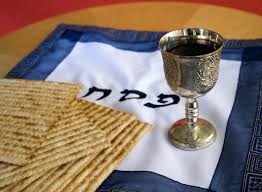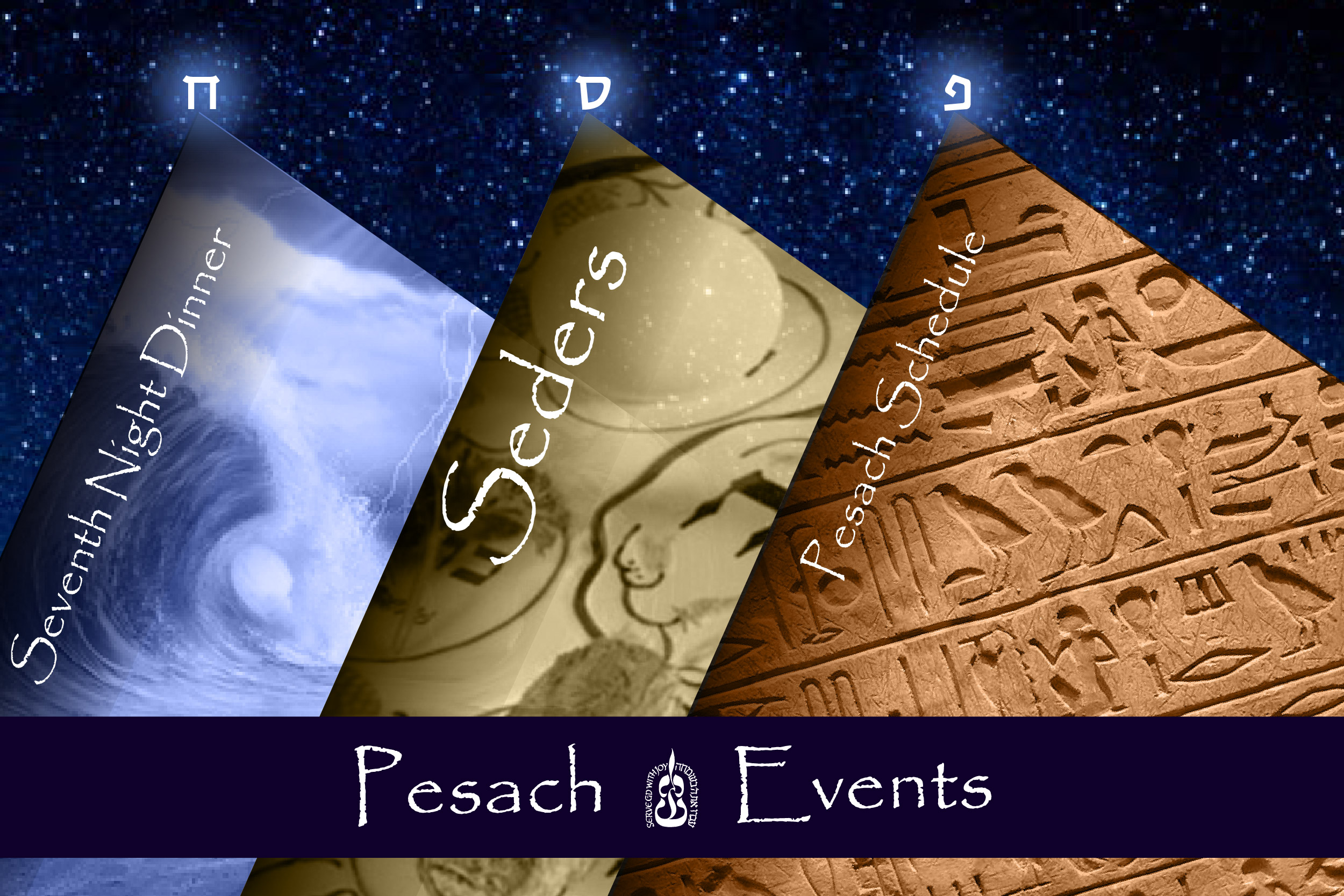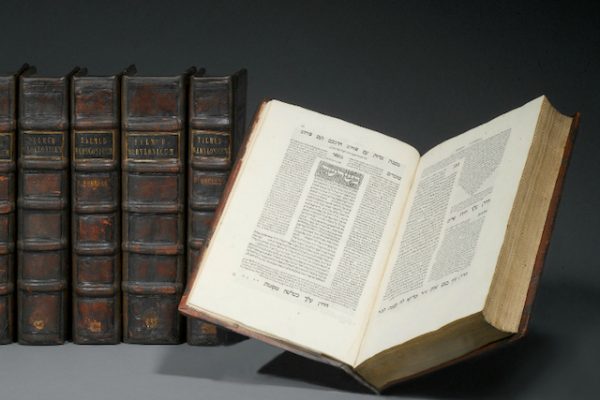The Schedule 10:00 pm - 10:00 pm Start 10:15 pm - 10:15 pm End Maariv or Ma’ariv (Hebrew: מַעֲרִיב, ), also known as Arvit (Hebrew: עַרְבִית, ), is a Jewish prayer service held in the evening or night. It consists primarily of the evening Shema and Amidah. The service usually begins with two verses from Psalms, followed by the communal recitation of Barechu. The three paragraphs of the Shema are then said, both preceded and followed by two blessings, although sometimes a fifth blessing is added at the end. The hazzan (leader) then recites half-Kaddish. The Amidah is said quietly by everyone, and, unlike at the other services, is not repeated by the hazzan. He recites the full Kaddish, Aleinu is recited, and the mourners’ Kaddish ends the service. Other prayers occasionally added include the Counting of the Omer (between Passover and Shavuot) and Psalm 27 (between the first of Elul and the end of Sukkot). Maariv is generally recited after sunset. However, it may be recited as early as one and a quarter seasonal hours before sunset. This is common only on Friday nights, in order to begin Shabbat earlier. At the conclusion of Shabbat and holidays, the service is usually delayed until nightfall. While Maariv should be prayed before midnight, it may be recited until daybreak or even sunrise. Interested in sponsoring/Donating? All non for profit such as The Carlebach Shul require operating funds to allow the continuation and sustainability of the community, synagogue, services, educational programs and more. Your donation is a special way to mark an occasion, remember someone dear, celebrate a “simcha” or anniversary, rejoice in the arrival of a child, mourn the passing of a friend or recognize an Aliyah honor.




